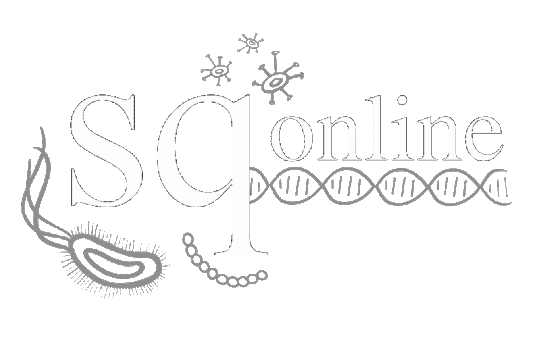By Rachan Narala | UTS Staff Writer | SQ Online (2014-15)
When it’s all said and done, will you have said more than you have done? Or will your actions and accomplishments shape who you become in life? In college, there are many opportunities around us in which we students can choose to immerse ourselves. Depending on what we do, it can end up shaping our mindsets and preparing us for the future.
For alumnus Dr. John C. Gutheil, what sticks out most for him are the different ways he was able to become involved in science at UC San Diego. Before graduating from UCSD in 1978, he realized during his time in college that there were many different classes and fields of study that were provided for him and other students to indulge in. Dr. Gutheil loved to take advantage of the various opportunities offered because he always enjoyed learning something new. Taking initiative was important to him, because the act of discovering something new expanded his horizons and taught him more about the world. He remembers attending upper division lectures on Physical Chemistry and Population Biology, where he got to use a real computer for the first time – but with punch cards. In fact, he often made it a point to check department bulletin boards and see if there were new talks being given on innovative science. From learning about the development of artificial sweeteners to attending talks about marine biology at Scripps Institute of Oceanography (before it was even a part of UCSD), he loved understanding how different people approached and tried to solve the same kind of problem so he could implement the same methodologies in his own life.
Dr. Gutheil agrees that the road to medicine is paved with speed bumps and stop lights, and often you might make some wrong turns during the process. However, every journey begins with a single step, and Dr. Gutheil’s step towards a life studying oncology began in UCSD. His interest in oncology and cancer research developed during his senior year while working for Dr. Nathan Kaplan in an oncology research lab on campus. Dr. Kaplan’s specialty was to study new anticancer agents and agonists, so Dr. Gutheil gained experience with many of the procedures and protocols still used in cancer research today. For example, he performed tumor xenografts in athymic mice to analyze the development of certain drugs. In a tumor xenograft, human tumor cells are transplanted into mice with compromised immune systems, such as athymic mice, so they will not reject the human cells. The tumors are allowed to grow, and the response to certain pharmaceuticals can be analyzed in vivo (or in the body). “Thinking back,” he remarks, “it is now surprising to me that work I did in the late ‘70s would still be applicable today, but I think that shows the degree to which research at UCSD is on the cutting edge.”
After his time at UCSD, Dr. Gutheil went to medical school at Marquette University in Wisconsin. While obtaining his M.D., he jumped at the opportunity to conduct more research so he could broaden his knowledge about the human body. Working under Dr. Anton Baboriak and studying lipoprotein changes in alcoholics, he impressed his professor by creating a computer program for the lab’s ultracentrifuge, which could help isolate a precise fraction of human blood from a specific sample. He completed his residency at Johns Hopkins Medical School attended the University of Maryland for an oncology fellowship, where was offered a faculty position at the University of Maryland Cancer Research Center. At the University of Maryland, Dr. Gutheil made the decision to change focus from laboratory research to clinical research, and from there he focused heavily on clinical cancer studies. As a physician he was also required to work in the general oncology ward, treating cancer patients and performing related surgeries, so he benefited from practicing all the different aspects of oncology.
After a long journey of studying and practicing medicine across the country, Dr. Gutheil finally came back full-circle to stay in San Diego. “I enjoyed working in academic medicine,” he comments, “but in 1997, I was offered a chance to develop my own clinical research program at the Sidney Kimmel Cancer Center here in San Diego.” Never one to decline an opportunity, Dr. Gutheil began working in biotechnology but kept a continued focus on clinical studies in patients with cancer. After working in biotech for over ten years, he branched off and decided to his own company from scratch, dedicated solely to running clinical studies for patients. Now, Dr. Gutheil is CEO and president of SciQuus Oncology, which is dedicated to running a variety of clinical oncology studies, ranging from monitoring the safety of medical devices to performing pharmacology modelling and simulation. Throughout his journey, he found that nothing excited him more than the biting into a hidden fruit of knowledge, because the act of discovering new science opened his eyes to the innovative research being conducted. Whether it was attending interesting seminars at UCSD or studying cancer cell resistance, Dr. Gutheil knew that taking advantage of the numerous opportunities offered to him was paramount to his success later on in life.
